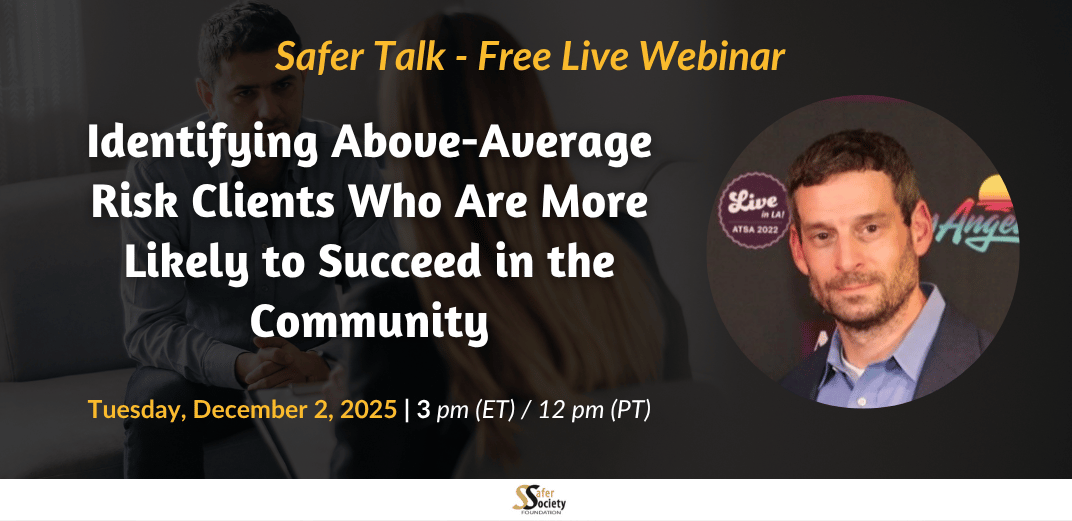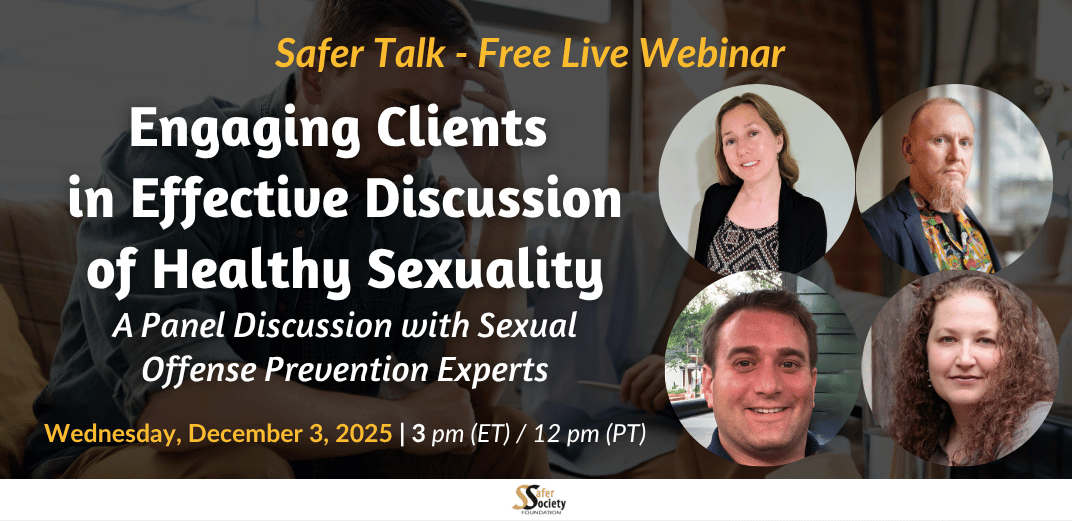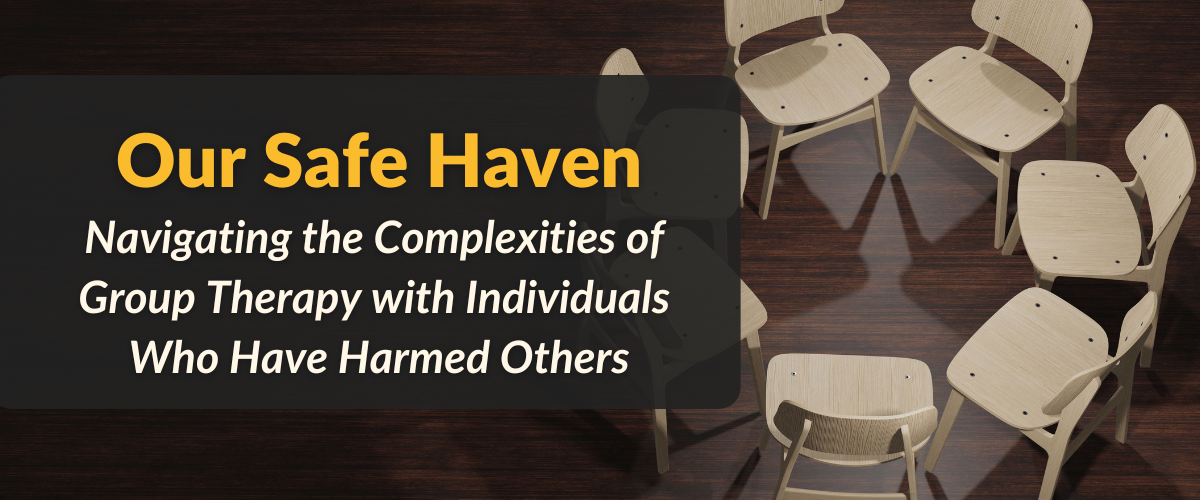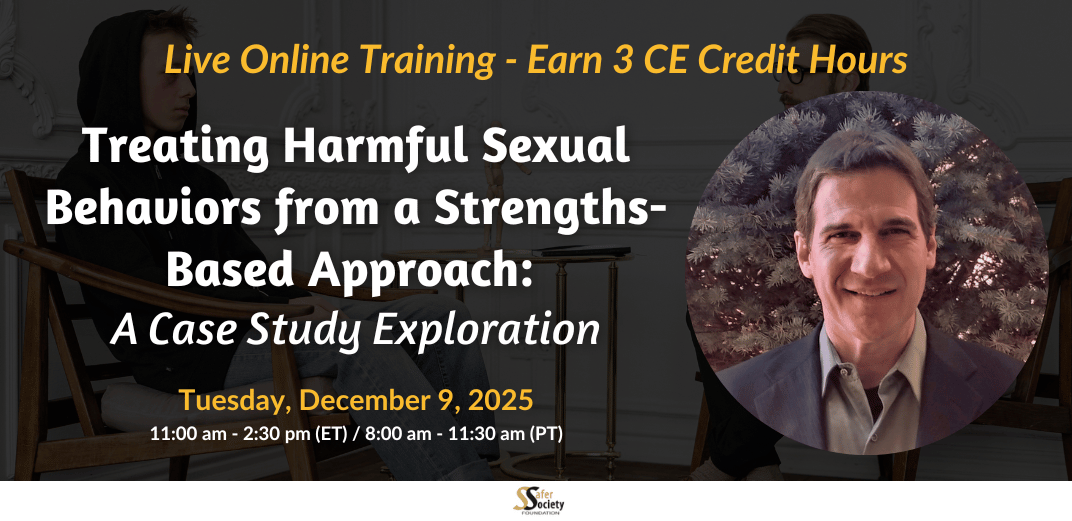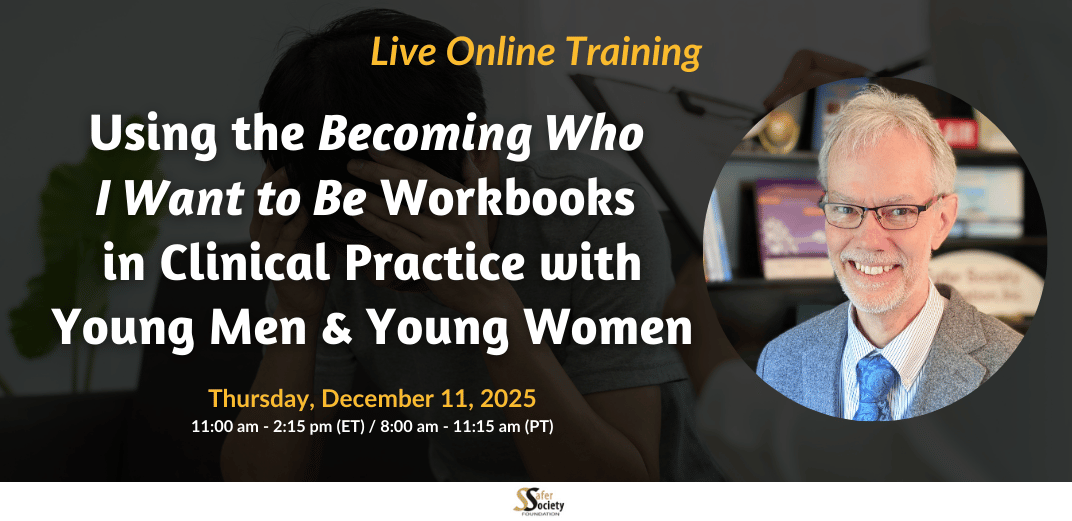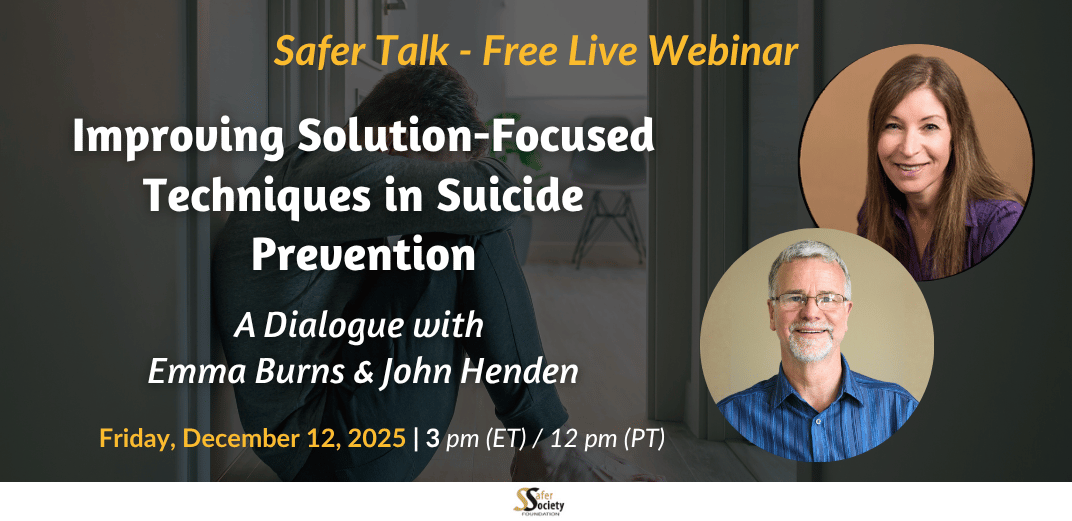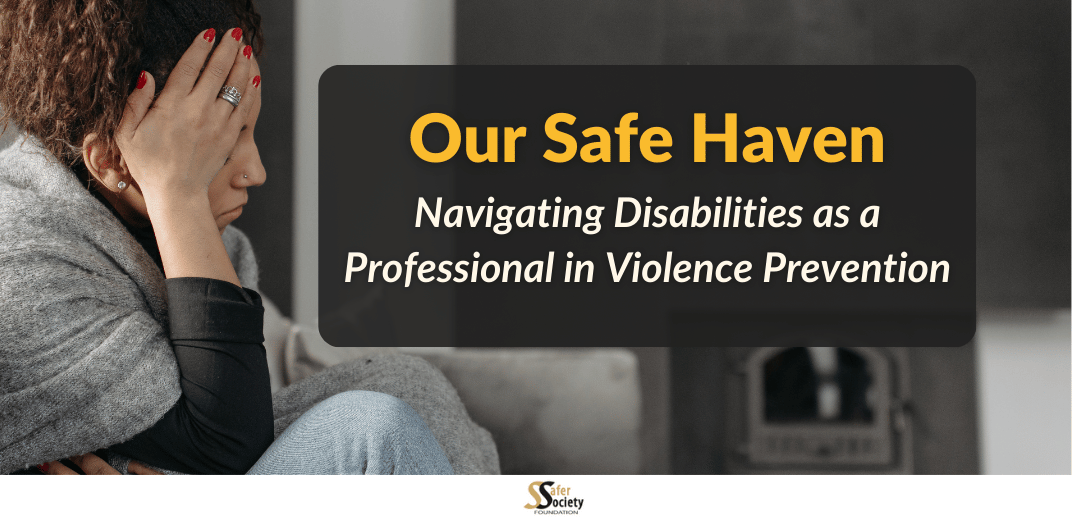
Our Safe Haven: Navigating Disabilities as a Professional in Violence Prevention
Working in the field of sexual and social violence prevention is challenging, and navigating disabilities can make it even more complex. Whether the disability is visible or unseen, the realities of managing personal health, professional responsibilities, and social expectations can be both exhausting and, at times, isolating.
Led by Katie Gotch, a clinical professional with lived experience of disability, and David Prescott, a mental health practitioner in the field for four decades, these sessions offer a safe, non-judgmental space to connect, share, and build strategies that can make a meaningful impact on our day-to-day challenges. Each session begins with a focused exploration of a specific topic, evolving naturally into an engaging, attendee-driven conversation shaped by shared experiences and professional insights.


